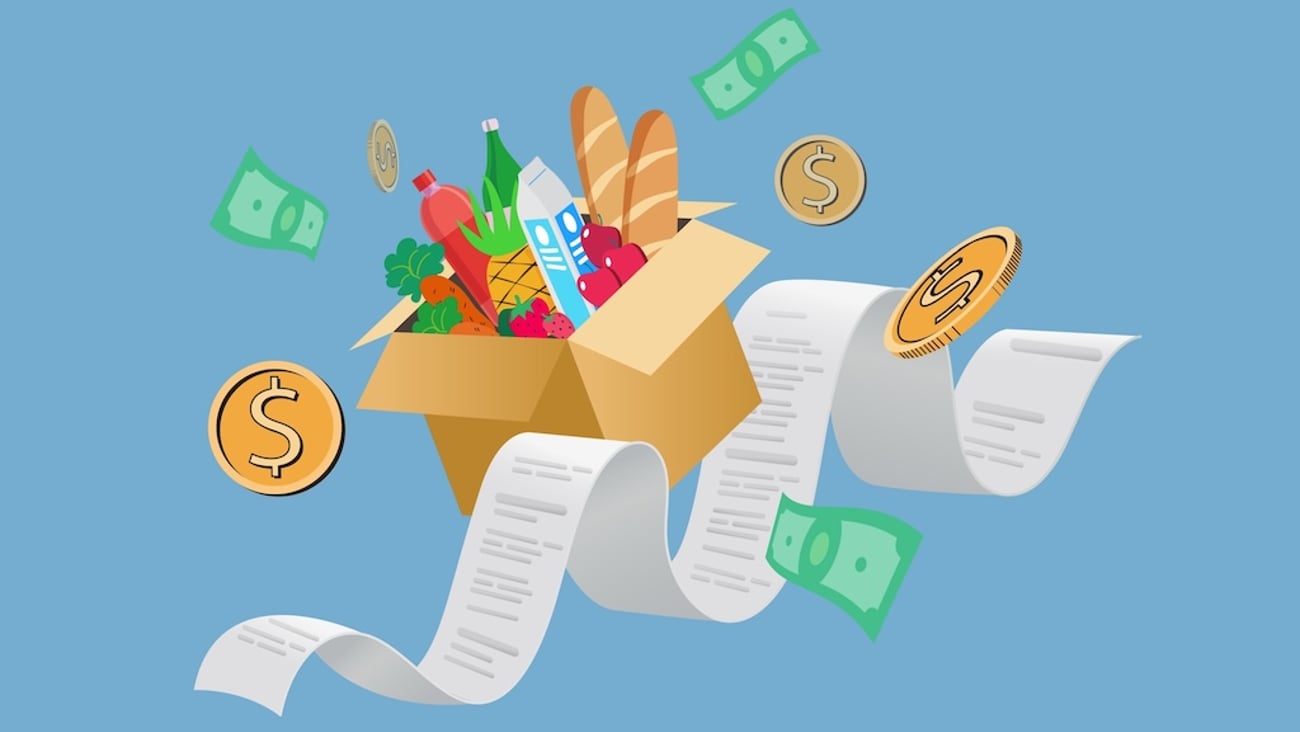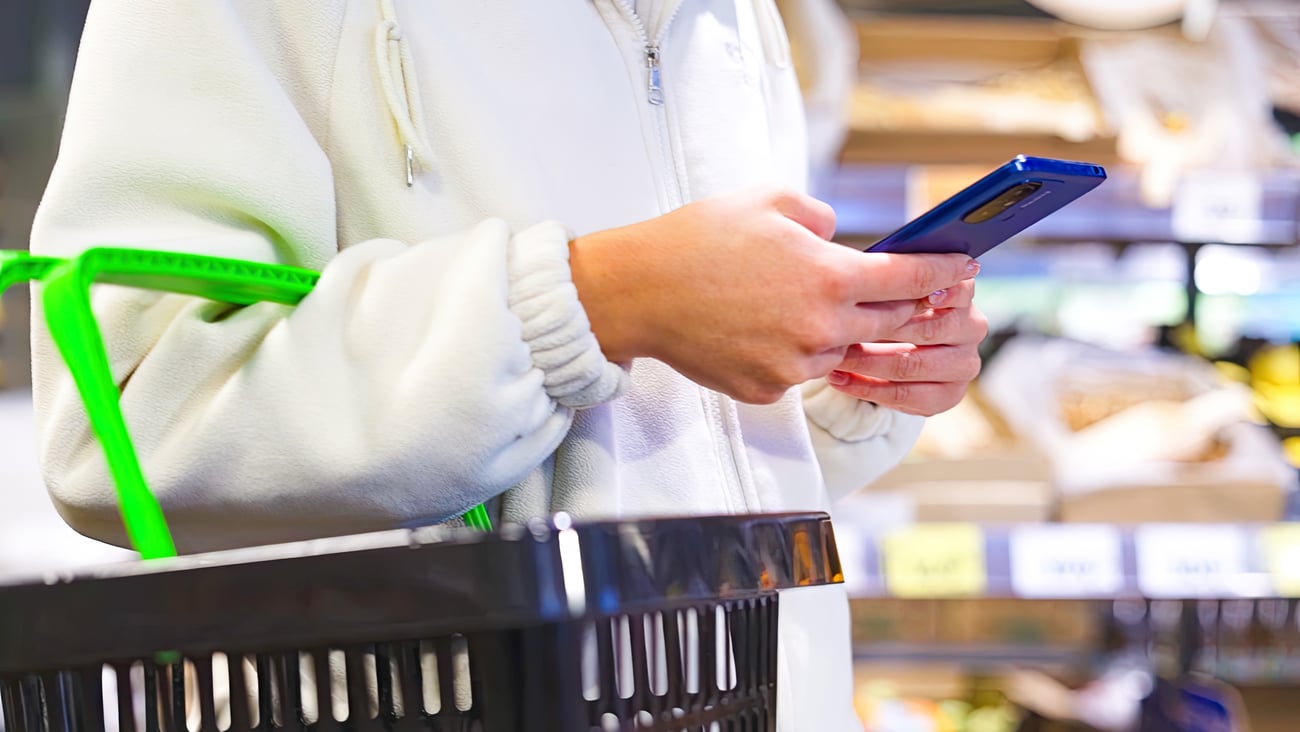Dealing with our plastic addiction
The Government of Canada has introduced a prospective initiative aimed at addressing the issue of plastic packaging pollution within the grocery retail sector. Known as the "Pollution Prevention Planning Notice (P2 Notice)," this plan specifically targets plastic packaging in direct contact with food items. Although measures like plastic bag bans and the elimination of plastic utensils have been implemented, these actions merely touch the surface of the broader challenge posed by our dependence on plastics. P2 represents the next logical and desirable step in combating what is arguably the most significant problem in the food industry – food packaging. However, such changes will not come without considerable challenges.
The utilization of plastic materials for food packaging purposes has surged to a substantial 37.3 million tons annually, as reported by the FAO. Most of these plastics are single-use items that often end up in landfills.
READ: Calgary Co-op pushes for exemption on federal single-use plastics ban
Under the P2 Notice, Canadian grocery retailers would be required to formulate and execute comprehensive pollution prevention plans with the primary objective of reducing, reusing, and redesigning plastic packaging in food distribution. Based on documents from Environment and Climate Change Canada, the P2 Notice is strategically designed to eliminate unnecessary or problematic plastic packaging and introduce reliable systems based on reuse and refilling for single-use plastic alternatives. The emphasis is on ensuring recyclability, reusability or composability of any plastic packaging associated with these products.
In principle, the aim of reducing plastic usage is commendable. However, it is important to recognize that plastics are widely used due to their food safety efficiency and lower costs compared to existing alternatives. Plastics play a vital role in preserving food freshness and aesthetic appeal for extended periods. Considering Canada's strong food safety culture, consumers may be hesitant to purchase unpackaged or inadequately packaged items, perceiving them as risky.
Food waste is another concern, as plastics enable the safe transportation of products over long distances without compromising freshness or quality. Subpar products are less likely to be purchased by consumers, and this is well understood by grocers.
Despite the popularity of plastics among Canadians, support for their usage could wane during unforeseen events like a pandemic. Public opinion shifts have been observed in the past, with many viewing plastics as a safeguard against bacteria and viruses. Additionally, crime-related concerns arise, as plastics protect fruits and vegetables from potential tampering, as seen in a previous incident with an Australian supermarket in 2018.
Efforts to eliminate plastics are essential, but caution must be exercised. Industry and consumers alike will need to adapt their expectations, accepting certain compromises in convenience and price. However, with higher food prices these days, less than 15% of Canadians are willing to pay more for food with greener packaging, which poses a challenge for the industry to innovate without losing essential market support.
READ: Grocery leaders share how they’re prioritizing their sustainability efforts
Grocery vendors and stakeholders are provided with an opportunity until August 30 to contribute their valuable insights and concerns concerning the consultation document outlining the forthcoming advancements in the P2 Notice. May this process yield fruitful outcomes for all stakeholders involved.





